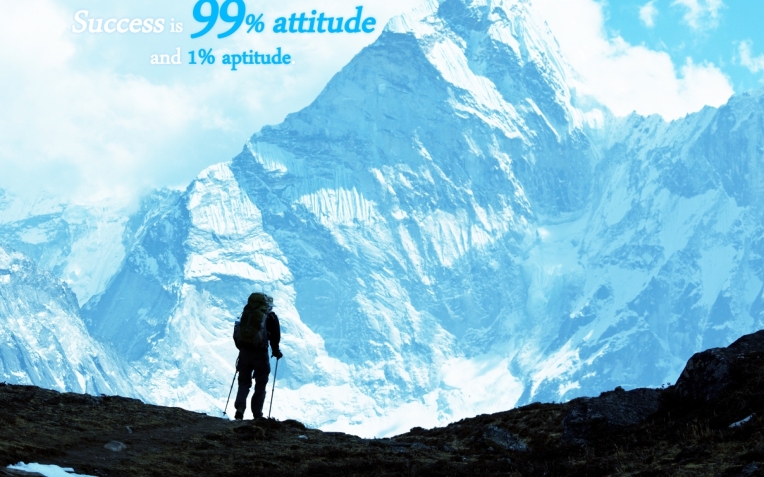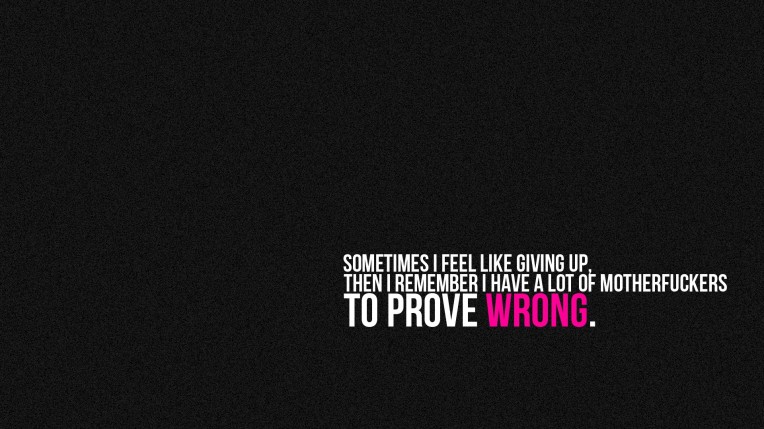by Anonymous
Anonymous is currently studying in a University in the US. He loves music, comedy and the silence of a library at 3 am. He has many stories. This is one of them. His identity cannot be revealed for legal reasons because his university has a bad habit of suspending students who they believe may be a health risk, which he most certainly is not. Certain facts are changed.
I am writing this because many of my friends know me as a perception of a person that I am, rather than the person I believe myself to be. Whether I like it or not, death and my experience with it has formed an important part of who I am and how I live my life. As time goes by, and as I meet more people who become closer to me, I feel a growing psychological chasm between us. I feel dishonest for keeping such a major part of who I am, why I am, a secret. I want to be able to look a friend in the eye and allow them to understand my whole story, finally. This is who I am.
At the same time, I want to help people figure out how to move forward in life. Surviving suicide is incremental and I hope this may shed a bit of light on some of the first few steps.
I know that feeling though. You are slightly incredulous. What could his experience possibly be like? How real was it?
I suppose that is valid. I can only describe what it meant to me. Through this, I hope to give a small insight to what I believed was a suicidal mind. Nobody from the outside can really understand what suicide feels like, and those who do are generally in no position to elucidate.
The feeling of suicide was more than an idle thought, more than a consideration. It was an obsession to the return of what I could not help but feel was my natural place. It was not philosophical meandering, at least not really. It was deeply, and purely primal. An obsession that strikes you when you forget to control it, even for a second, and takes over the mind. I understood why it was described as a disease. There is no logic to a disease, no precisely determinable cause. You have it just because. It is a fog that clouds the mind, lingers as you wander through, searching for the path to coherence, to meaning. Once it strikes, days would be lost to mind-rending resistance and paralysing fear.
Many would describe depression as the feeling of falling in a deep pit. The idea of death then becomes a ledge, tempting you with the idea of of quiet peace and the place of safe resort. Every movement, every action and every failure becomes tempered by the idea of suicide.
*It doesn’t matter if I fail an exam, I can always just die and it’ll be over*
*It doesn’t matter if I don’t feel love, I can always just die and it’ll be over*
It becomes so much a part of you that it is hard to distinguish where you begin and where the obsession takes over. It is so much so that when life begins to fill with failure, as all life does, you begin to wonder why you aren’t actually about to die. The urge to live becomes as much as one’s urge to stop eating mushrooms. You can do it, of course, but why would you even try? Mushrooms are delicious and that’s the only life you’ve known.
I’m not sure where this feeling has come from, just that I’ve had it since I was a little kid. I always believed this was amateur teenage angst, but with its fire still burning strong a decade later into my young adult years, I began to see it as a disease, a condition and not just a phase.
I had the enjoyment of long, lonely hours on rooftops, sitting silently on ledges. Part of me was always afraid that this was a cry for attention and refused to indulge it, tried to hide it from others as much as possible. Save for one unfortunate public spectacle, which I thought was my last, I went to great pains to ensure that no one would see me. Not a religious man, I took to praying at nights before bed for a gentle dream, a deep sleep and a silent death.
It is imperative that I offer my take on what recovery can mean. Friends, family and institutions can rarely help. Many people do not know what it feels like, and do not understand. I reach to you to write this from one suicidal person to another.
I may not help. I may not understand. But things can get better. But you have heard this before.
How I coped was simple. Strictly speaking, I guess I did not really recover from it. I suppose I have found that suicide is not something that one really recovers from. Instead, I decided to try killing myself in a different way.
Coping is finding your middle way. The middle way I settled upon was finding creative ways to die that would satisfy some peripheral aim. During training, I did my hundreds of push-ups and runs with the secret hope that exhaustion would kill me. In the Army, nobody could understand why I was always so eager to respond for missions, always willing to charge in first. At the same time, I overworked myself, piling myself with projects, assignments and work. I suppose that an incidental effect was distracting myself from thinking, but that was more of a byproduct of my objective. But I had failed; I was still alive.
I tried to kill myself in everything I did. I pushed myself to death exploring mountains, trying to find a peace in nature. I piled myself with more work than I had the time to do in university. Through it all, I discovered things to be proud of, things capable of making life worthwhile. Though they rarely do, they can at low times help preserve your ability to go on. Seize the opportunity to do things you think are cool. Internalize them and perhaps you will find yourself developing a quiet pride. At the last instance, your pride justifies your life. It is perhaps ironic that the greatest things I have done in life were my best attempts to extinguish it.
I am a coward. I have found that suicide is an act of immense bravery. However, to refrain from being paralyzed with fear, to advance with life takes a different kind of strength, and one that I struggle with every day. There is no sweeter dream than lying in bed and waiting for the world to end. Life does not work that way. Every day of inactivity, of failure, of meaninglessness, gives me another reason to hate myself; another reason to die. Every tiny step I take is a success, not to the strangers around, not even to my friends, but to me.
A famous ideologue, Hunter Thompson, once said this:
We are all alone, born alone, die alone, and — in spite of True Romance magazines — we shall all someday look back on our lives and see that, in spite of our company, we were alone the whole way. I do not say lonely — at least, not all the time — but essentially, and finally, alone. This is what makes your self-respect so important, and I don’t see how you can respect yourself if you must look in the hearts and minds of others for your happiness.
When I was a younger, I had this printed and sitting on my desk. After all these years, I still have it. It helps me hold on to the idea of developing the self before any other worldly pursuits. It reminds me that our happiness is our own duty and nobody else’s. We should take ownership of our own happiness and pride is one of the easiest way to do so.
We should take pride in every single small step that we make and use that pride fiercely. We will hoard that pride jealously, selfishly, uncaringly. We will find the pride of being battered. We will take the pride of being experienced, being weary in life. I would go so far as to say that we are better people because of it; because we have never had happiness given to us, we had to earn it.
It’s been a long time since I’ve felt a single day was worth living for, but things will be okay.
Learn to create your own happiness
When life turns dark, use that darkness to drive you.

It will be the bravest thing you do.
You will be stronger than everyone else because you know what you have to overcome just to wake up and face the morning every single day.
It will hurt but it will work.





Reblogged this on The Site That Jack Built and commented:
If I ever pray, anon, it goes to the lost and lonely of the world, because I am lost and lonely myself.
LikeLiked by 1 person
I’m glad I failed. Don’t you?
LikeLike